Ferrari's hybrid hampers Leclerc's Imola GP charge
Ferrari's strategy for qualifying at the Imola Grand Prix backfired, costing Charles Leclerc crucial straightline speed that compromised his starting position and race result.
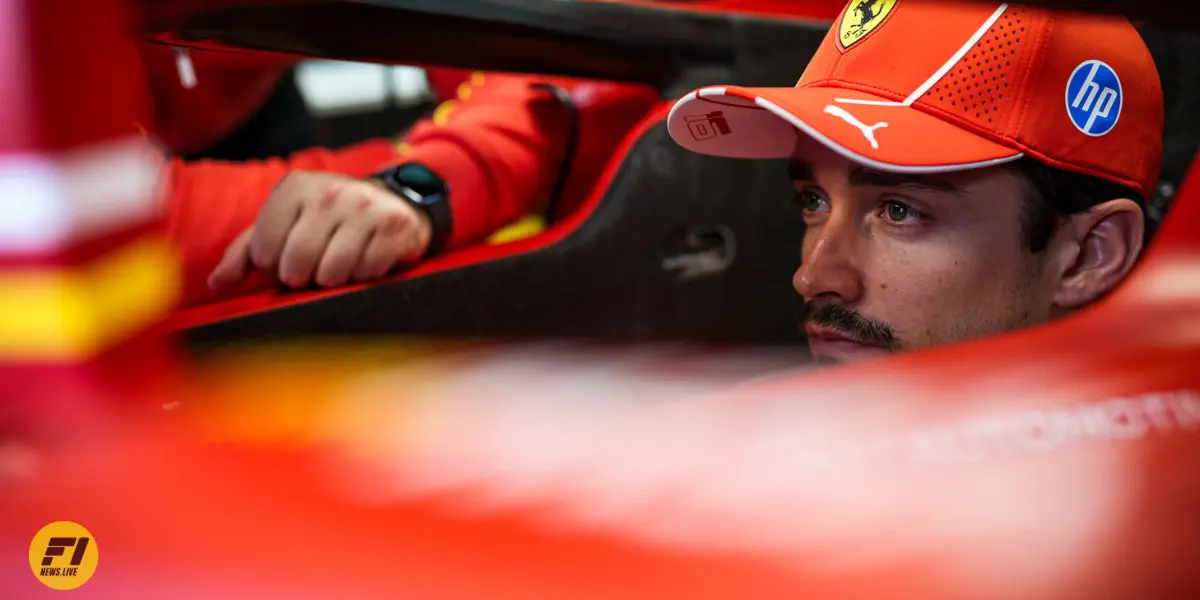
The Emilia Romagna Grand Prix marked a crucial juncture for Ferrari, as the Italian team introduced a comprehensive upgrade package aimed at bridging the gap to frontrunners Red Bull and Mercedes.
However, according to Charles Leclerc's post-race assessment, a strategic misstep during qualifying significantly hindered the team's performance.
Where it went wrong
GPS data revealed that Leclerc's Ferrari was 3-4 kph slower on the straights compared to the McLaren duo, and even further off the pace of polesitter Max Verstappen, who benefited from a slipstream.
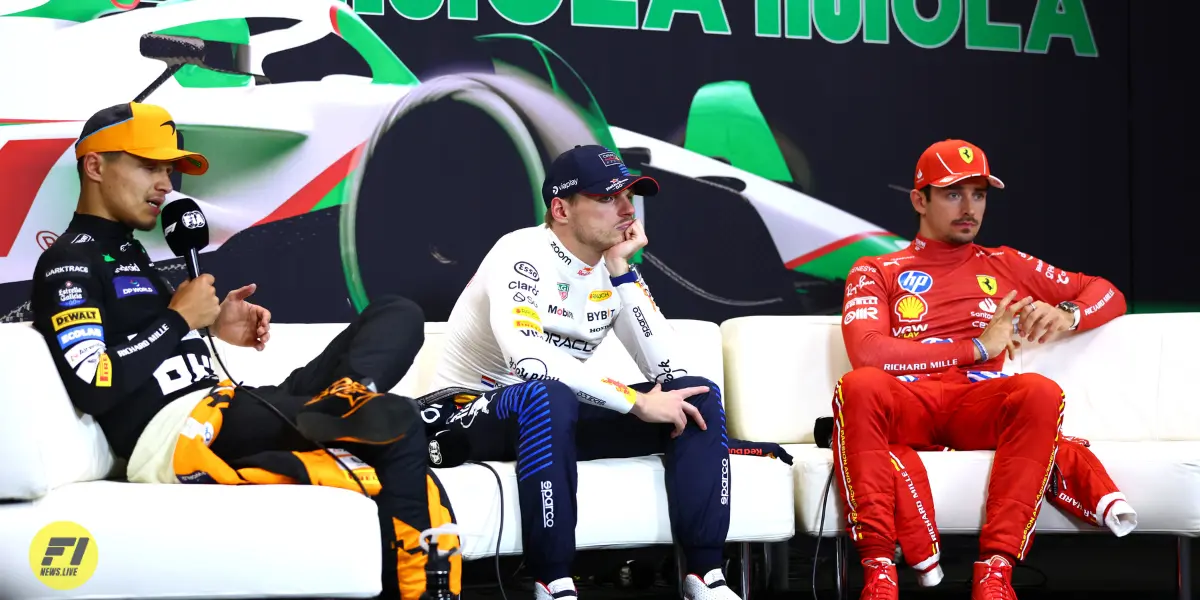
Leclerc attributed this deficiency to Ferrari's power strategy during the qualifying runs.
"We had a slightly different power strategy compared to McLaren and Red Bull, and we lost everything on the run down to Turn 2,"
Leclerc explained.
"Max, on top of that, had the slipstream. This is something we'll have to look into because, especially on a track like this, track position is absolutely everything."
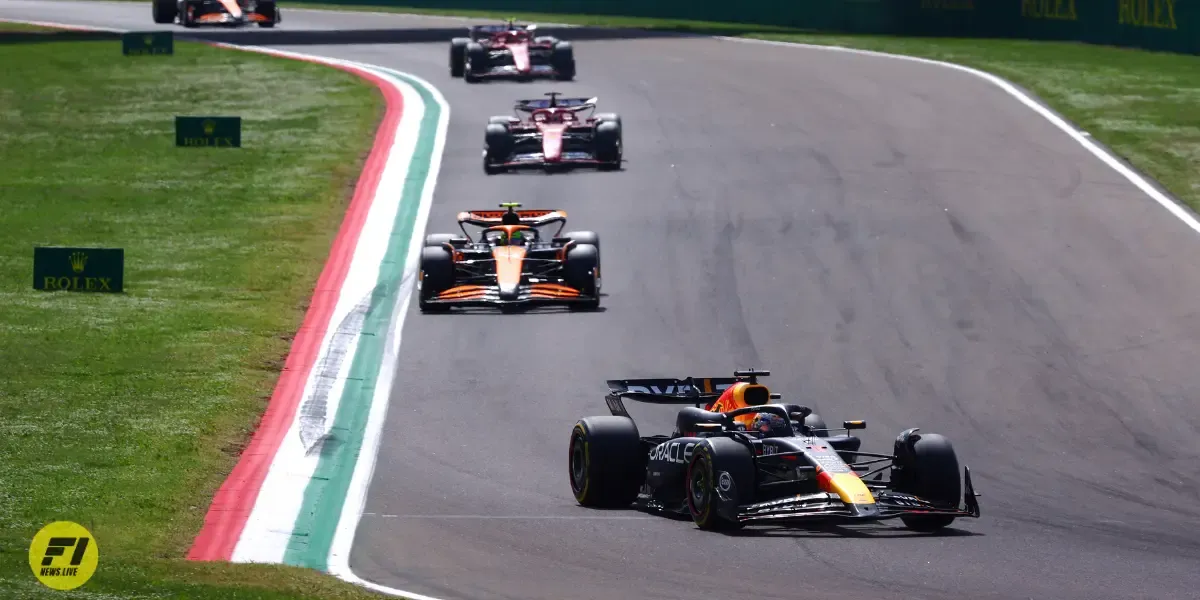
Grid positions proved costly
With such fine margins separating the top teams, Leclerc recognized that starting from third and fourth on the grid, after Oscar Piastri's penalty, significantly compromised their race prospects.
"When you only have a tenth in between Red Bull, McLaren, and ourselves, we need to do everything perfect, and the third place today cost us maybe a better result in the race,"
he said.
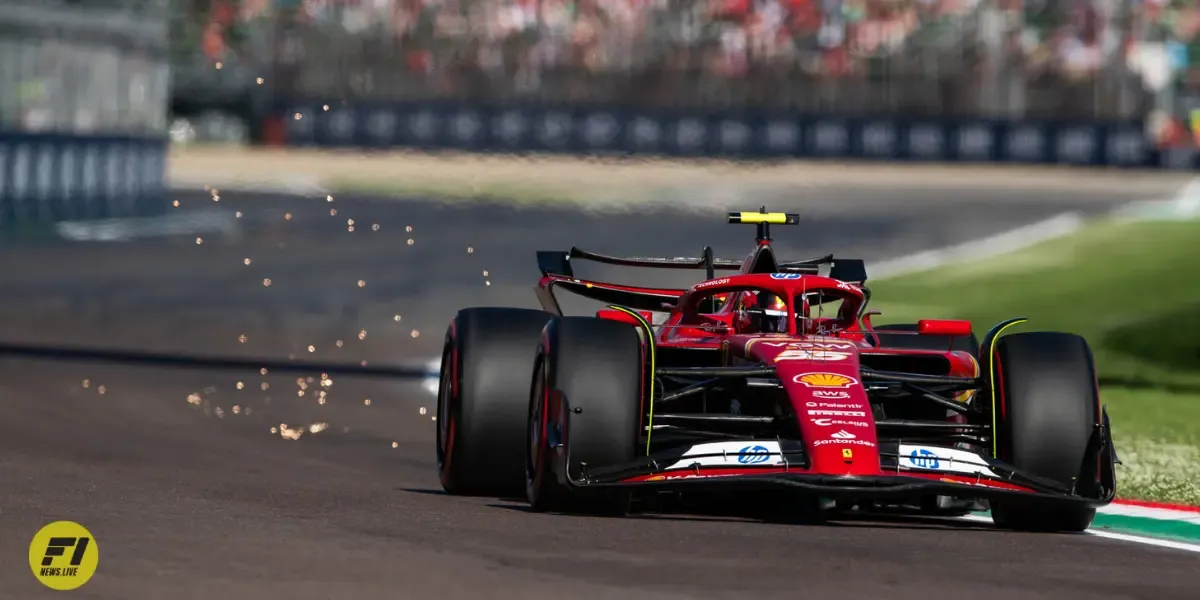
Upgrade Assessment
While Leclerc acknowledged the difficulties in accurately evaluating the upgrade package's performance on a circuit demanding exceptional kerb-riding capabilities, he remained optimistic about the improvements.
"The good thing is that everything we expected from those upgrades, we had it in terms of data. It did exactly what it was supposed to do, which is always a good thing."


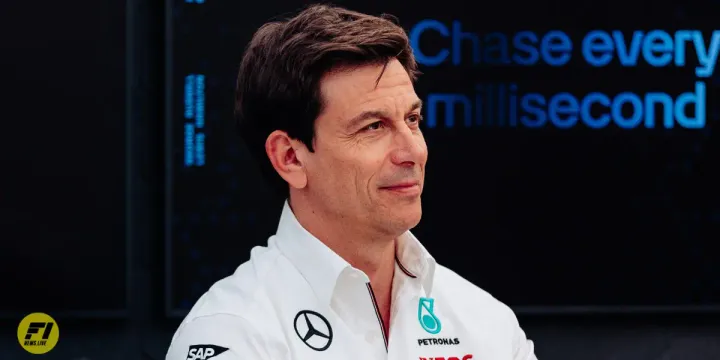
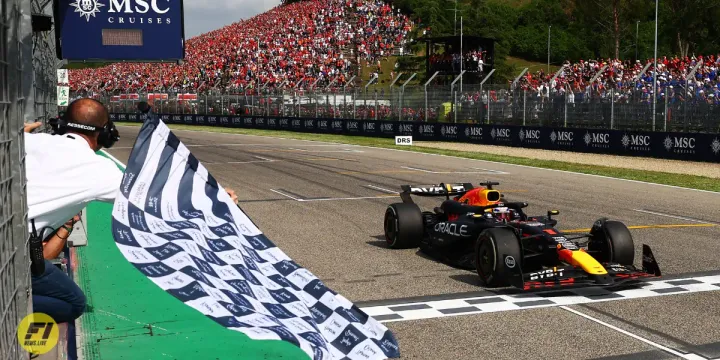
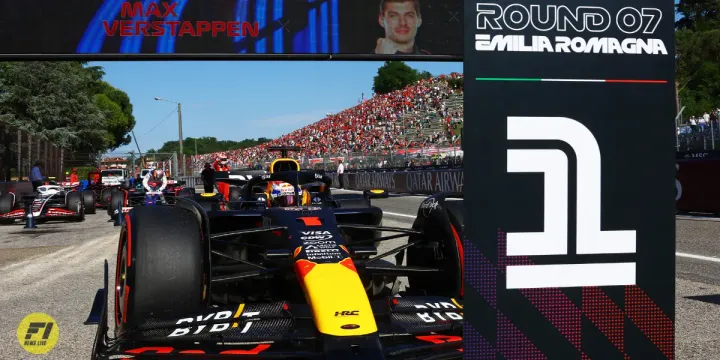
Comments ()